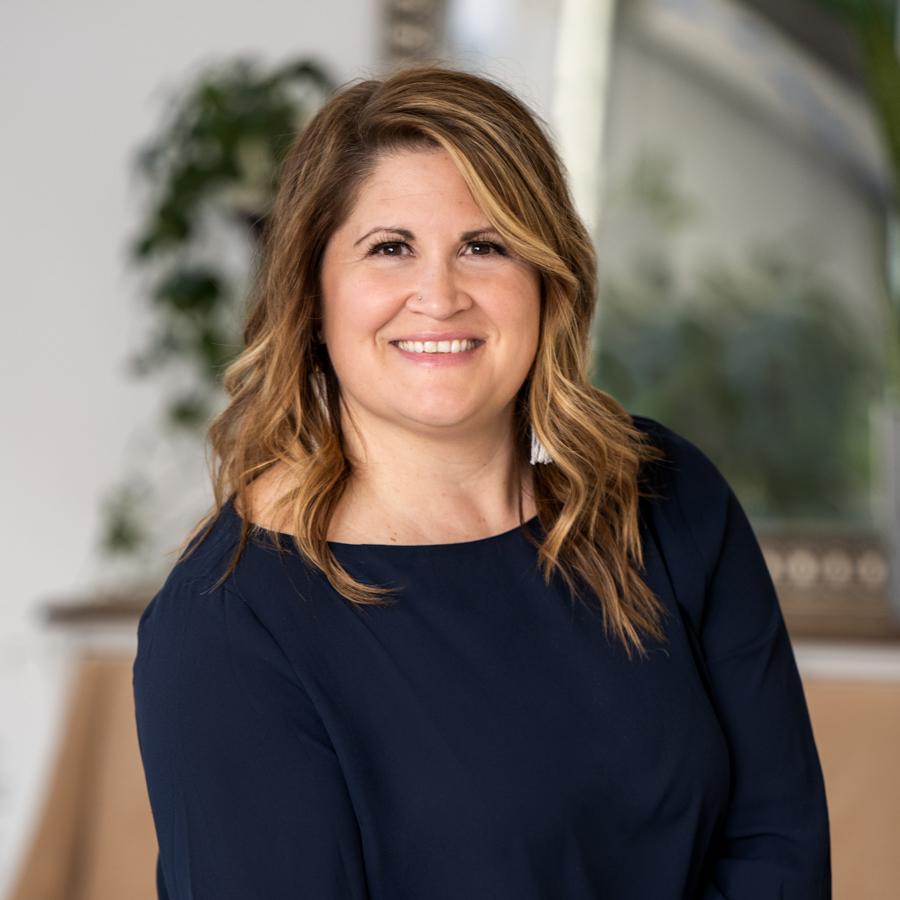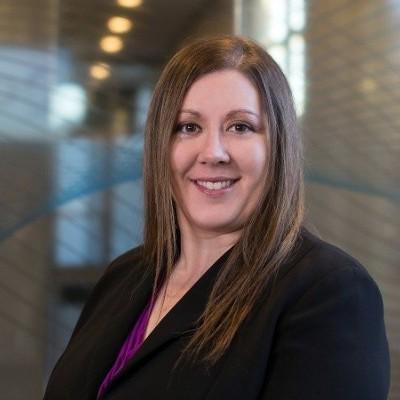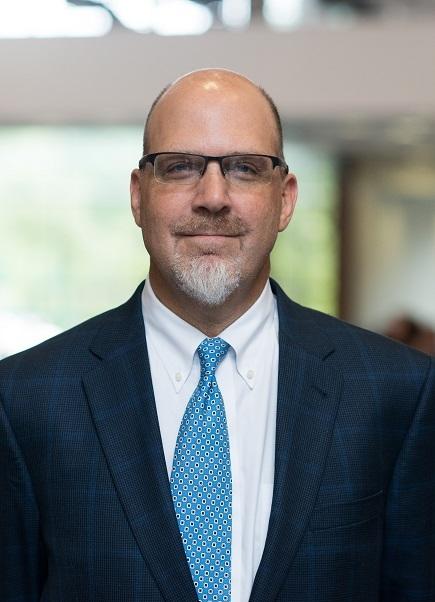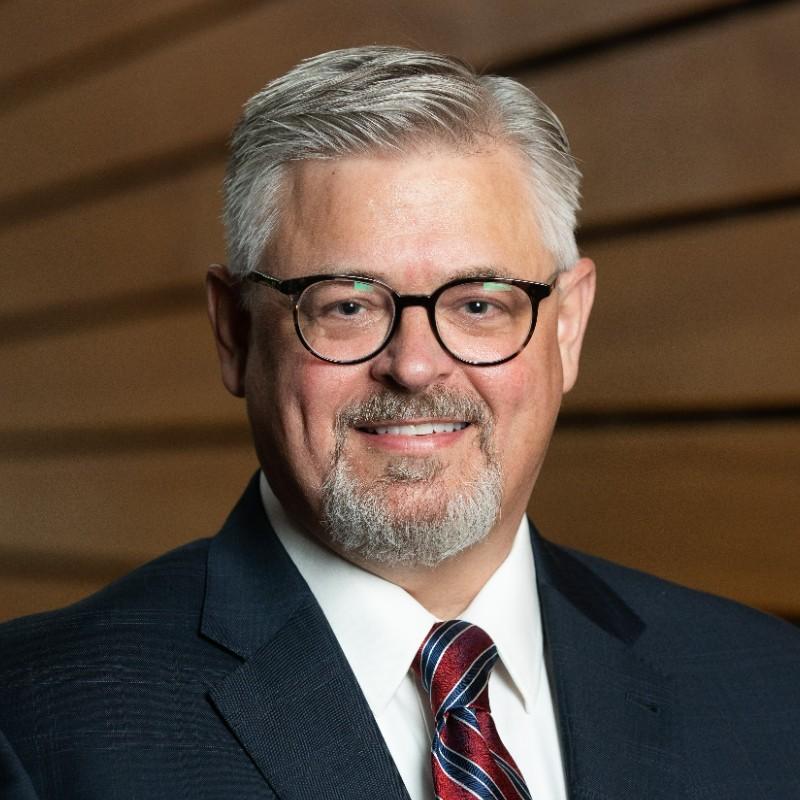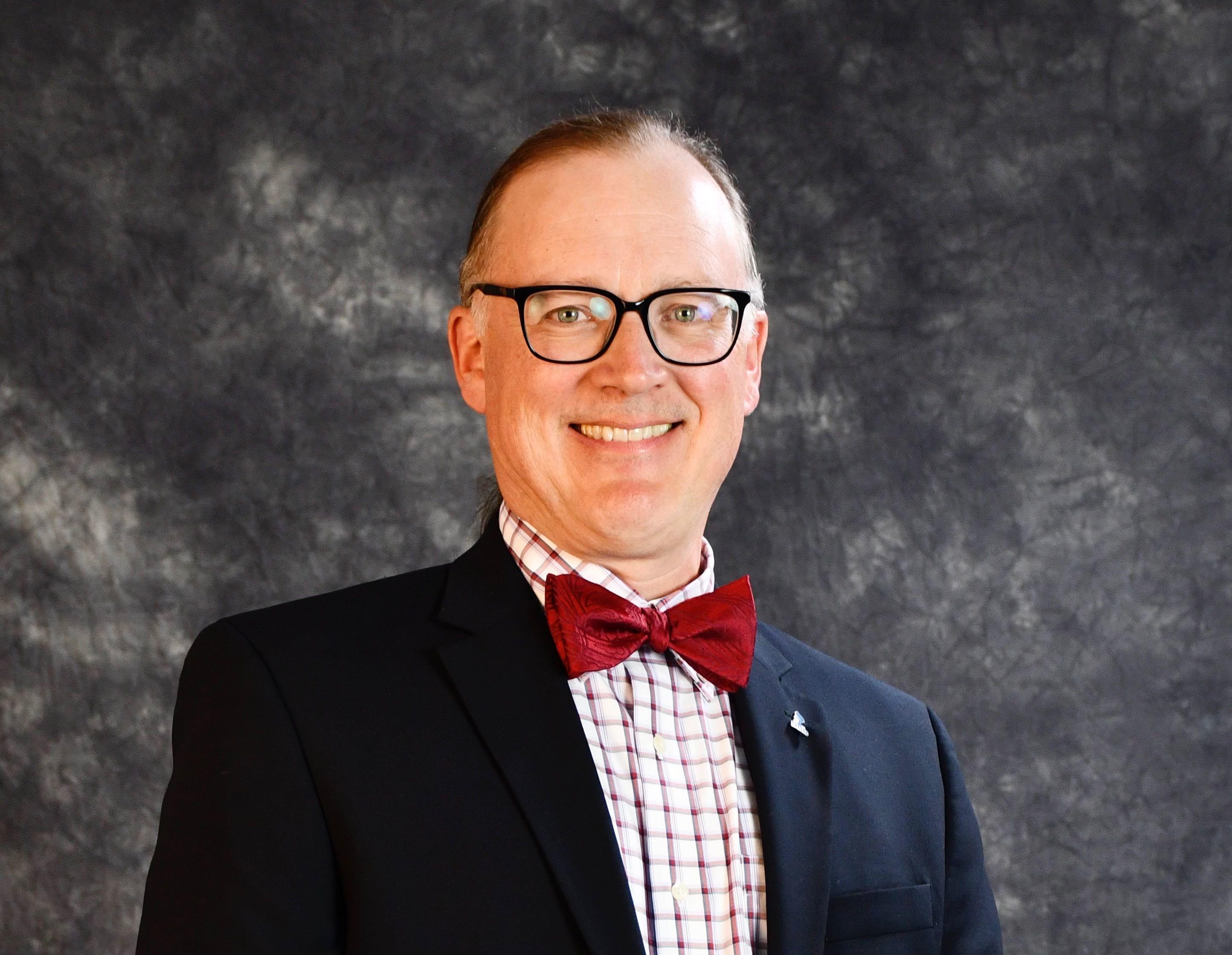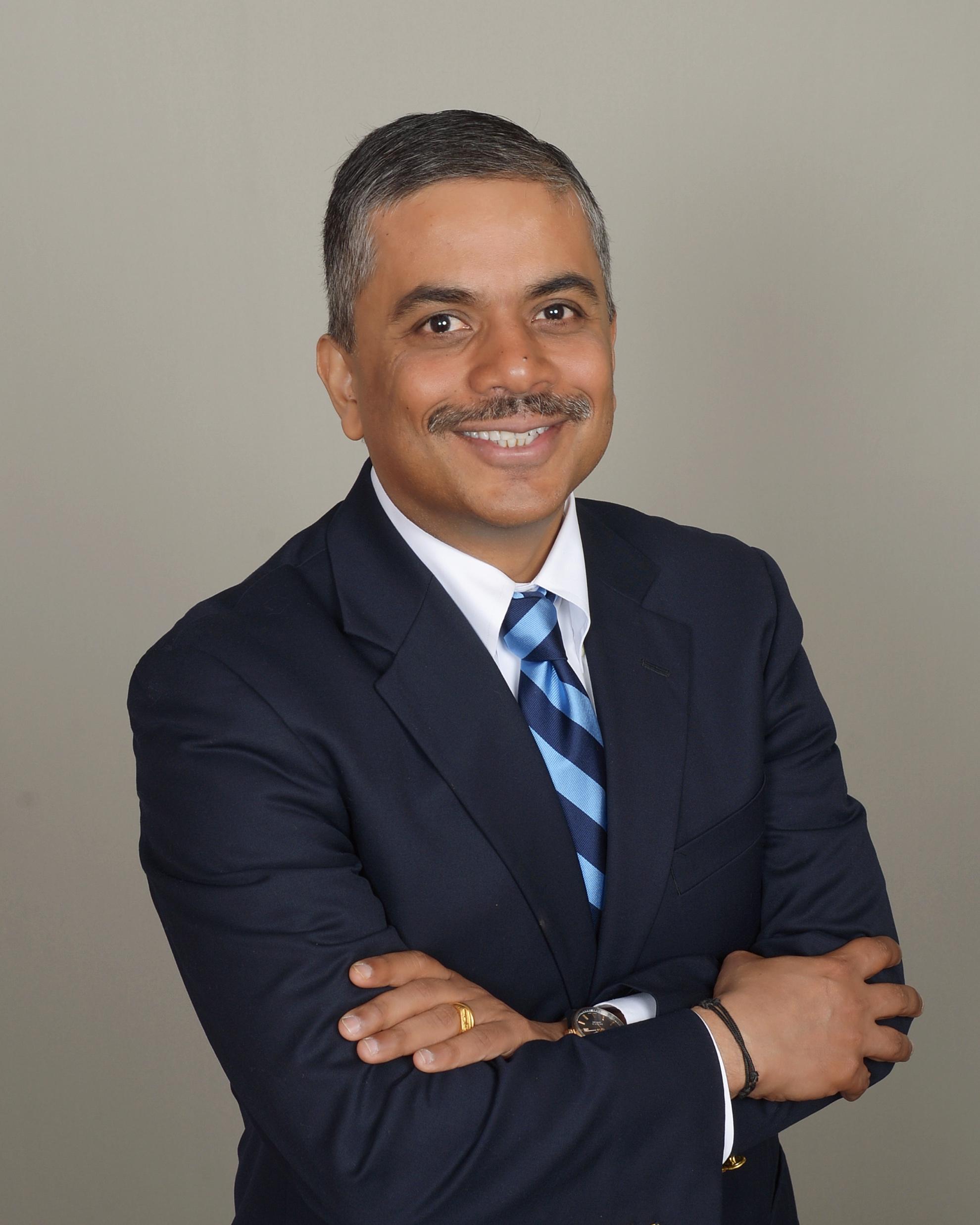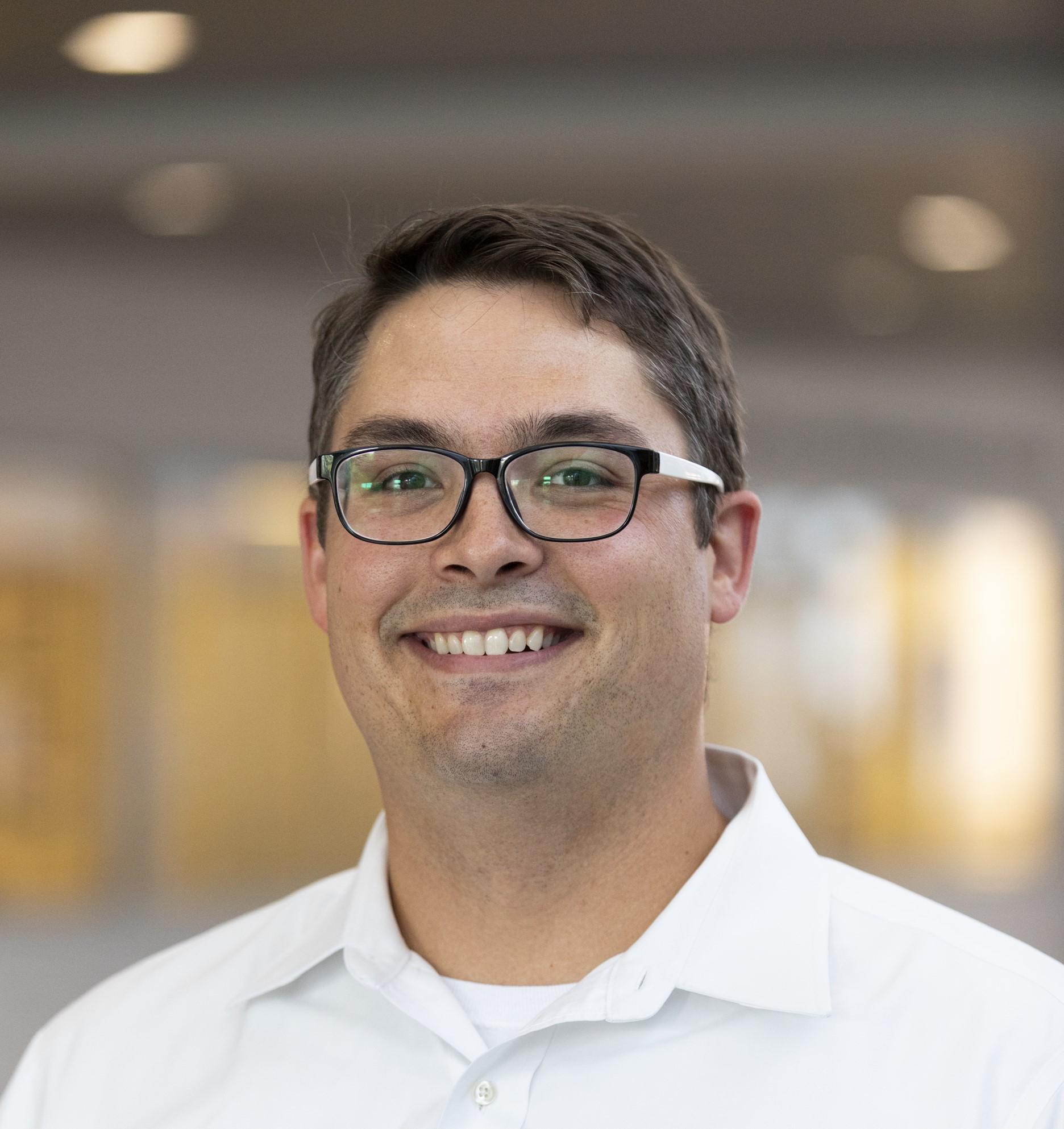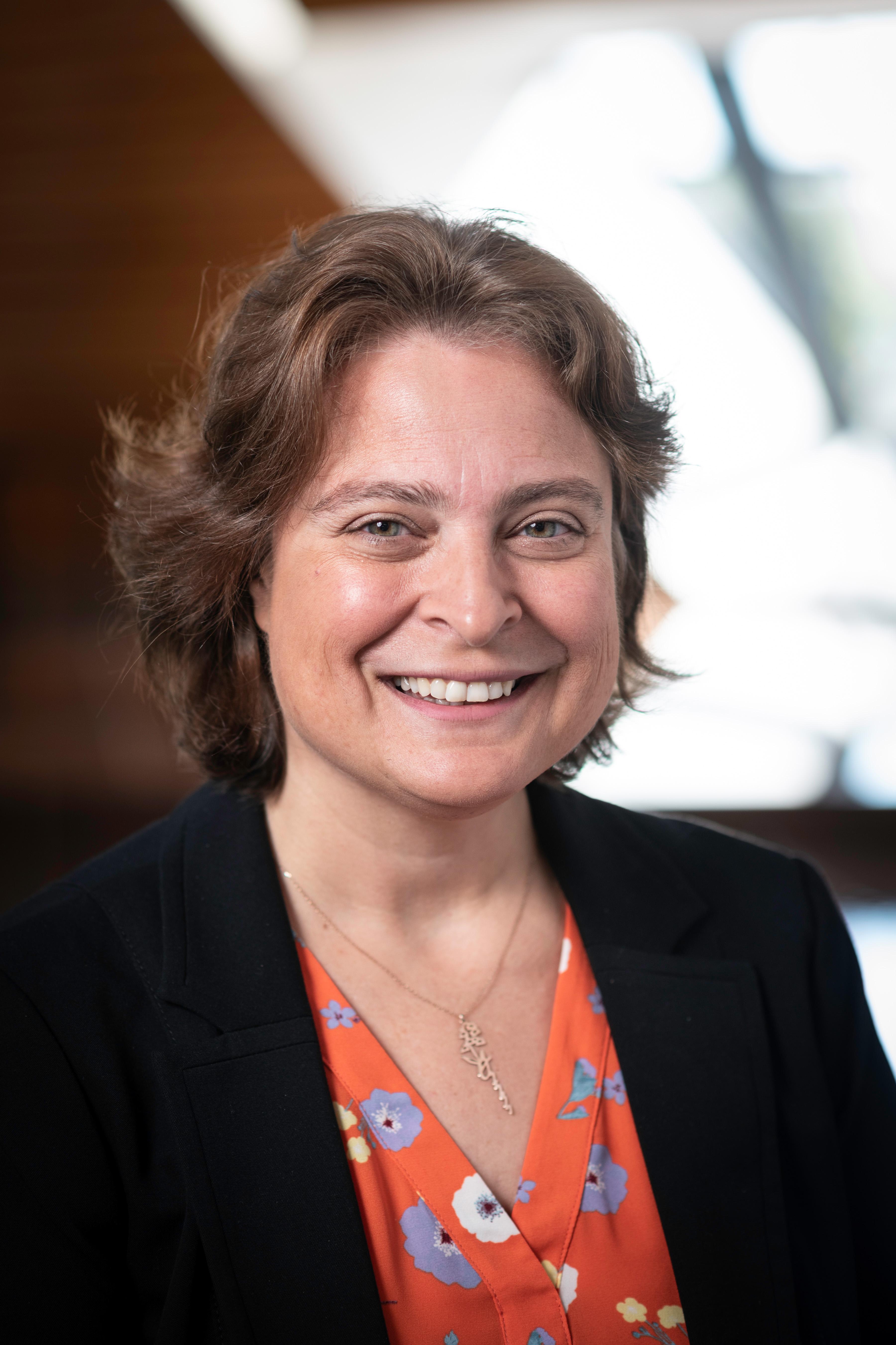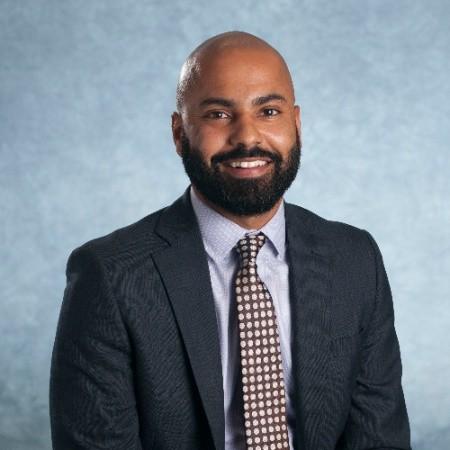Minnesota Physician Leadership Institute
Program Details
This 10-day program spans 10 months
- 2024 Dates: Sept. 24, Oct. 28, Nov. 20, Dec. 10
- 2025 Dates: Jan. 14, Feb. 19, Mar. 19, Apr. 15, May 13, June 3
About the Program
Carlson Executive Education and The Minnesota Medical Association have partnered to design and deliver The Minnesota Physician Leadership Institute, a leadership curriculum exclusively for physicians. This 10-day program (across 10 months) is led by co-chairs Corey Martin, MD, and Cindy Smith, MD, in conjunction with Carlson Executive Education instructors. With a holistic approach to leadership development, the curriculum will provide skills, resources, and applied opportunities for growth in:
- Leading Self
- Leading People
- Leading Change
- Leading Organizations, an Introduction
The Minnesota Medical Association (MMA) is accredited by the Accreditation Council for Continuing Medical Education (ACCME) to provide continuing medical education for physicians.
The MMA designates this live activity for a maximum of 61.5 AMA PRA Category 1 Credits™. Physicians should claim only the credit commensurate with the extent of their participation in the activity.
Who Should Take This Course & Why
- *Must be MMA physician members
- Early- and mid-career physicians looking to learn essential leadership skills to complement their medical training
- Physicians interested in developing leadership skills to expand their career opportunities
- Physicians in formal and informal leadership positions looking for deeper expertise
- Physicians curious about the compatibility of future formal and informal leadership positions
- Physicians committed to professional development through collaboration with a group of like-minded peers
- Improved awareness of personal strengths and opportunities
- Enhanced knowledge and skills to drive change and improvement in medical practice, community health, and social or professional organizations
- Increased capacity to lead and influence people
- Adoption of a leadership mindset to drive professional growth and development
Schedule
Collaborating Effectively (SDI 2.0 CORE STRENGTHS ASSESSMENT)
Jill Hauwiller, MA
Emotional Intelligence
Jill Hauwiller, MA
Innovative Disruption
This session prepares leaders with strategies to face several disruptive forces. It will introduce the concept of Jobs to be Done and consumer centricity; how you spot opportunities, along with how to create disruptive solutions, create new business models, and finally, how to enable a culture of accountability.
Project Management for Leaders
Physicians are not project managers; their focus lies in achieving operational excellence within their medical practices. By guiding their teams to embrace project management methods, physicians can drive process improvements and enhance efficiency in healthcare delivery. This session will include a comprehensive review of a popular Agile method, specifically Scrum, providing valuable insights for physician leaders in optimizing healthcare practices.
Negotiation Strategies
Danielle Hansen, MBA
Learn the art and science of building winning negotiation strategies. This session covers the basics of planning, distributive and win-win negotiations, group problem-solving, and multi-party negotiations. Discover expert tricks of the trade and convert that expertise into a competitive advantage.
Leadership Presence/Presenting as a Leader
Diana Pavlovska
This interactive session is focused on enhancing presentation effectiveness, using self-analysis and direct application to a real-life critical communication that participants will prepare to deliver. Participants will explore what their values are, their vision, and how that translates into communication and motivating an audience to act.
Physician Leadership in Quality & Safety
David Satin, MD
This session will introduce participants to the local, national, and historical quality improvement and patient safety (QI/PS) landscape through small and large group activities. Participants will apply common QI/PS tools to case examples, highlighting the role of leaders. We will debate the benefits and burdens of clinical quality measurement and its modern incentive structures, as well as discuss current trends and opportunities for leadership. Finally, participants will be individually challenged to integrate QI/PS into their professional roles and aspirations.
Healthcare Policy
Stephen Parente, PhD, MPH, MS
This session provides an introduction to key aspects of health policy including a framework for the analysis of health policy, the evolution of health policy in the U.S. including the implementation of federal health reform, and perspectives on the allocation of resources to and within the health care sector.
Advocacy Strategies
Matthew Anderson, JD
Effective advocacy is, and will continue to be, a key skill set for healthcare leaders. Public policy exerts a powerful influence on how healthcare services are distributed, delivered, measured, and financed. Therefore, it is imperative for policymakers to hear and understand the perspectives of our healthcare leaders. This session will provide a high-level overview of the opportunities for physician leaders to bring their voices and expertise into the policy-making process, as well as practical steps for effective advocacy so your voices and experience have as much influence as possible.
Physician Health & Well-being
Burnout is an epidemic in healthcare and many other professions. Dr. Martin talks about how common burnout is and the consequences to our personal well-being, the organizations we work for, and the people and patients we care for. He shares simple, efficient techniques to combat and prevent burnout and improve our relationships with our loved ones, colleagues, and patients.
Physicians’ Day at the Capitol
Leading Change
Effective change leadership requires understanding yourself as a change agent. This session includes an examination of your personal strategic network to consider whether it offers you the reach and impact to effectively lead change in a global organization. Leading change requires an understanding of how and why people react to change the way they do, and how the conditions that drive change and organizational culture may affect reactions. Leaders will be introduced to a proven model of structured change and practice its application in a challenging and engaging interactive simulation.
Legal & Ethical Responsibilities
The session will examine the foundations of ethics as it applies to ethical decision-making by leaders in healthcare. Participants will use tools and frameworks to learn how to draw on ethical principles and virtues, moral theorists, caring, and empathy to make complex ethical decisions. Physicians will learn how to apply these guiding frameworks to real-world scenarios. Whether considering issues related to patient care, resource allocation, or organizational policies, leaders will gain insights into balancing competing interests while upholding the highest standards of ethical conduct. This session aspires to mold healthcare leaders into ethical stewards who are well-versed in the principles, virtues, and theoretical foundations of ethics.
Mentoring & Coaching
Jill Hauwiller, MA
Coaching team members is a core competency for effective leadership. Coaches help others solve problems, improve skills, maximize strengths, deal with challenging situations, or make needed changes. This session focuses on the skills coaches need, including active listening, asking great questions, challenging, supporting, encouraging, and negotiating. The mentoring role involves helping others enhance their careers through assistance with professional development, networking, advising, and guiding.
Leading for Sustainable Performance & Well-being
Theresa Glomb, PhD, MA
This session relies on a blend of research, personal stories, and practical micro-interventions centered around the themes of "Work Hard. Have Fun. Choose Kind. Be Present." Research in each of these 4 themes is woven together with personal practices and ways to implement small, practical disciplines to improve your work life. Participants then activate the content with breakout sessions and interactive activities designed to craft routines and share insights. The application can generalize to personal, team, or organizational practices.
Healthcare Financial Accountability
Stuart Webb & Pinar Karaca-Mandic, PhD
Using a simulation and case study, this session will present the basic principles of Accounting and Finance as they pertain to the healthcare industry. Students should expect to leave understanding how investors view their organization and its cash flows and how time affects the value of those cash flows.
Inclusive Leadership
This session allows for deep reflection about personal identities, our multiple identities, how those identities move into leadership, and how to better lead people from multiple backgrounds. Moreover, this course explores how identity, power, and privilege play out in leadership.
Emerging Trends Discussion & Panel
Pinar Karaca-Mandic, PhD
Stephen Parente, PhD, MPH, MS
Various Guests
The panel session is not accredited for CME.
Program Conclusion & Reception
Collaborating Effectively (SDI 2.0 CORE STRENGTHS ASSESSMENT)
Jill Hauwiller, MA
Emotional Intelligence
Jill Hauwiller, MA
Innovative Disruption
This session prepares leaders with strategies to face several disruptive forces. It will introduce the concept of Jobs to be Done and consumer centricity; how you spot opportunities, along with how to create disruptive solutions, create new business models, and finally, how to enable a culture of accountability.
Project Management for Leaders
Physicians are not project managers; their focus lies in achieving operational excellence within their medical practices. By guiding their teams to embrace project management methods, physicians can drive process improvements and enhance efficiency in healthcare delivery. This session will include a comprehensive review of a popular Agile method, specifically Scrum, providing valuable insights for physician leaders in optimizing healthcare practices.
Negotiation Strategies
Danielle Hansen, MBA
Learn the art and science of building winning negotiation strategies. This session covers the basics of planning, distributive and win-win negotiations, group problem-solving, and multi-party negotiations. Discover expert tricks of the trade and convert that expertise into a competitive advantage.
Leadership Presence/Presenting as a Leader
Diana Pavlovska
This interactive session is focused on enhancing presentation effectiveness, using self-analysis and direct application to a real-life critical communication that participants will prepare to deliver. Participants will explore what their values are, their vision, and how that translates into communication and motivating an audience to act.
Physician Leadership in Quality & Safety
David Satin, MD
This session will introduce participants to the local, national, and historical quality improvement and patient safety (QI/PS) landscape through small and large group activities. Participants will apply common QI/PS tools to case examples, highlighting the role of leaders. We will debate the benefits and burdens of clinical quality measurement and its modern incentive structures, as well as discuss current trends and opportunities for leadership. Finally, participants will be individually challenged to integrate QI/PS into their professional roles and aspirations.
Healthcare Policy
Stephen Parente, PhD, MPH, MS
This session provides an introduction to key aspects of health policy including a framework for the analysis of health policy, the evolution of health policy in the U.S. including the implementation of federal health reform, and perspectives on the allocation of resources to and within the health care sector.
Advocacy Strategies
Matthew Anderson, JD
Effective advocacy is, and will continue to be, a key skill set for healthcare leaders. Public policy exerts a powerful influence on how healthcare services are distributed, delivered, measured, and financed. Therefore, it is imperative for policymakers to hear and understand the perspectives of our healthcare leaders. This session will provide a high-level overview of the opportunities for physician leaders to bring their voices and expertise into the policy-making process, as well as practical steps for effective advocacy so your voices and experience have as much influence as possible.
Physician Health & Well-being
Burnout is an epidemic in healthcare and many other professions. Dr. Martin talks about how common burnout is and the consequences to our personal well-being, the organizations we work for, and the people and patients we care for. He shares simple, efficient techniques to combat and prevent burnout and improve our relationships with our loved ones, colleagues, and patients.
Physicians’ Day at the Capitol
Leading Change
Effective change leadership requires understanding yourself as a change agent. This session includes an examination of your personal strategic network to consider whether it offers you the reach and impact to effectively lead change in a global organization. Leading change requires an understanding of how and why people react to change the way they do, and how the conditions that drive change and organizational culture may affect reactions. Leaders will be introduced to a proven model of structured change and practice its application in a challenging and engaging interactive simulation.
Legal & Ethical Responsibilities
The session will examine the foundations of ethics as it applies to ethical decision-making by leaders in healthcare. Participants will use tools and frameworks to learn how to draw on ethical principles and virtues, moral theorists, caring, and empathy to make complex ethical decisions. Physicians will learn how to apply these guiding frameworks to real-world scenarios. Whether considering issues related to patient care, resource allocation, or organizational policies, leaders will gain insights into balancing competing interests while upholding the highest standards of ethical conduct. This session aspires to mold healthcare leaders into ethical stewards who are well-versed in the principles, virtues, and theoretical foundations of ethics.
Mentoring & Coaching
Jill Hauwiller, MA
Coaching team members is a core competency for effective leadership. Coaches help others solve problems, improve skills, maximize strengths, deal with challenging situations, or make needed changes. This session focuses on the skills coaches need, including active listening, asking great questions, challenging, supporting, encouraging, and negotiating. The mentoring role involves helping others enhance their careers through assistance with professional development, networking, advising, and guiding.
Leading for Sustainable Performance & Well-being
Theresa Glomb, PhD, MA
This session relies on a blend of research, personal stories, and practical micro-interventions centered around the themes of "Work Hard. Have Fun. Choose Kind. Be Present." Research in each of these 4 themes is woven together with personal practices and ways to implement small, practical disciplines to improve your work life. Participants then activate the content with breakout sessions and interactive activities designed to craft routines and share insights. The application can generalize to personal, team, or organizational practices.
Healthcare Financial Accountability
Stuart Webb & Pinar Karaca-Mandic, PhD
Using a simulation and case study, this session will present the basic principles of Accounting and Finance as they pertain to the healthcare industry. Students should expect to leave understanding how investors view their organization and its cash flows and how time affects the value of those cash flows.
Inclusive Leadership
This session allows for deep reflection about personal identities, our multiple identities, how those identities move into leadership, and how to better lead people from multiple backgrounds. Moreover, this course explores how identity, power, and privilege play out in leadership.
Emerging Trends Discussion & Panel
Pinar Karaca-Mandic, PhD
Stephen Parente, PhD, MPH, MS
Various Guests
The panel session is not accredited for CME.
Program Conclusion & Reception
Faculty
Register Today!
This 10-day program spans 10 months
- 2024 Dates: Sept. 24, Oct. 28, Nov. 20, Dec. 10
- 2025 Dates: Jan. 14, Feb. 19, Mar. 19, Apr. 15, May 13, June 3
This 10-day program spans 10 months
- 2024 Dates: Sept. 24, Oct. 28, Nov. 20, Dec. 10
- 2025 Dates: Jan. 14, Feb. 19, Mar. 19, Apr. 15, May 13, June 3


